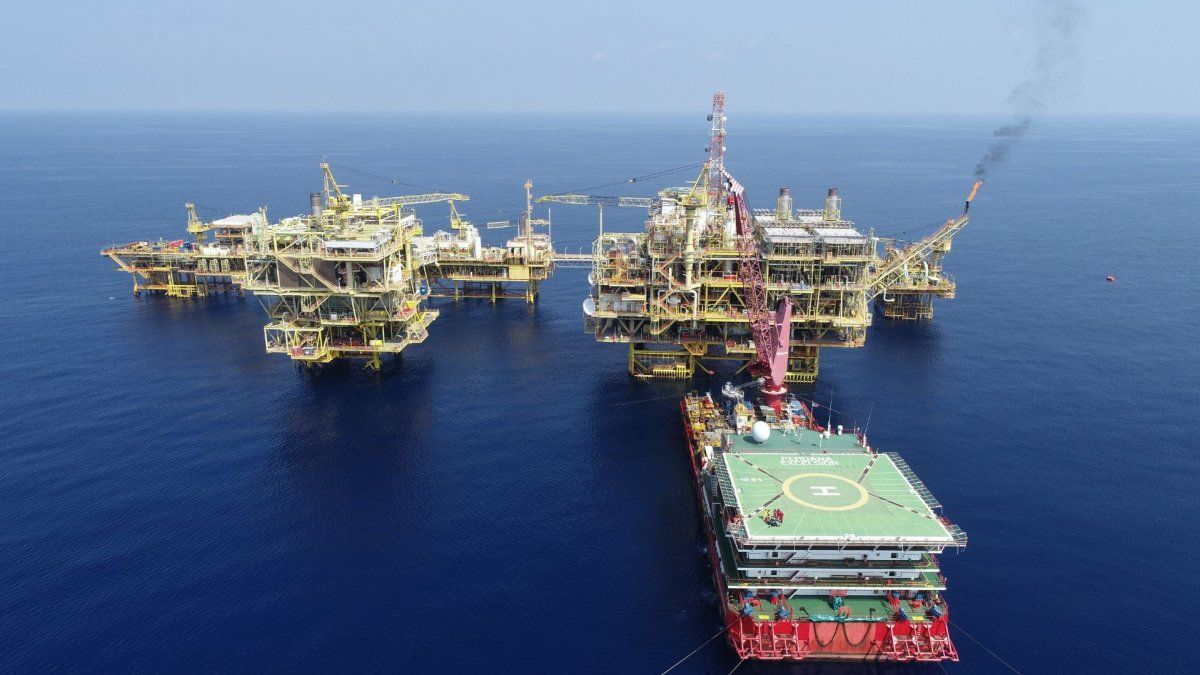Washington accused the group and one of its leaders, Saudi Arabia, of siding with Russia. despite Moscow’s war in Ukraine. Saudi Arabia denied the accusation, saying the decision was based on market conditions.
OPEC+ argued that had cut production due to weaker economic prospects as oil prices have gone down since October for the slowdown in Chinese and global growth and the rise in interest rates.
On Friday, G7 countries and Australia agreed to a price cap of $60 a barrel for Russian seaborne crudewith the purpose of deprive President Vladimir Putin of income and maintain the flow of Russian oil on world markets. The measure will enter into force on Monday, December 5.
Moscow said it would not sell its oil under the cap and that he was considering how to respond.
Many analysts and OPEC ministers have said that the price cap was confusing and probably ineffectiveas Moscow has been selling most of its oil to countries like China and India, which have refused to condemn the war in Ukraine.
The OPEC held a virtual meeting on Saturday – without allies such as Russia – and discussed mostly administrative matters, the sources said. Ministers did not discuss Russia’s crude price cap.
Five OPEC+ delegates said on Saturday that OPEC+ meeting on Sunday would likely approve a production policy extension.
On Friday, two sources other than OPEC+ said that a new production cut was not totally ruled outgiven concerns about economic growth and demand.
Source: Ambito
David William is a talented author who has made a name for himself in the world of writing. He is a professional author who writes on a wide range of topics, from general interest to opinion news. David is currently working as a writer at 24 hours worlds where he brings his unique perspective and in-depth research to his articles, making them both informative and engaging.




